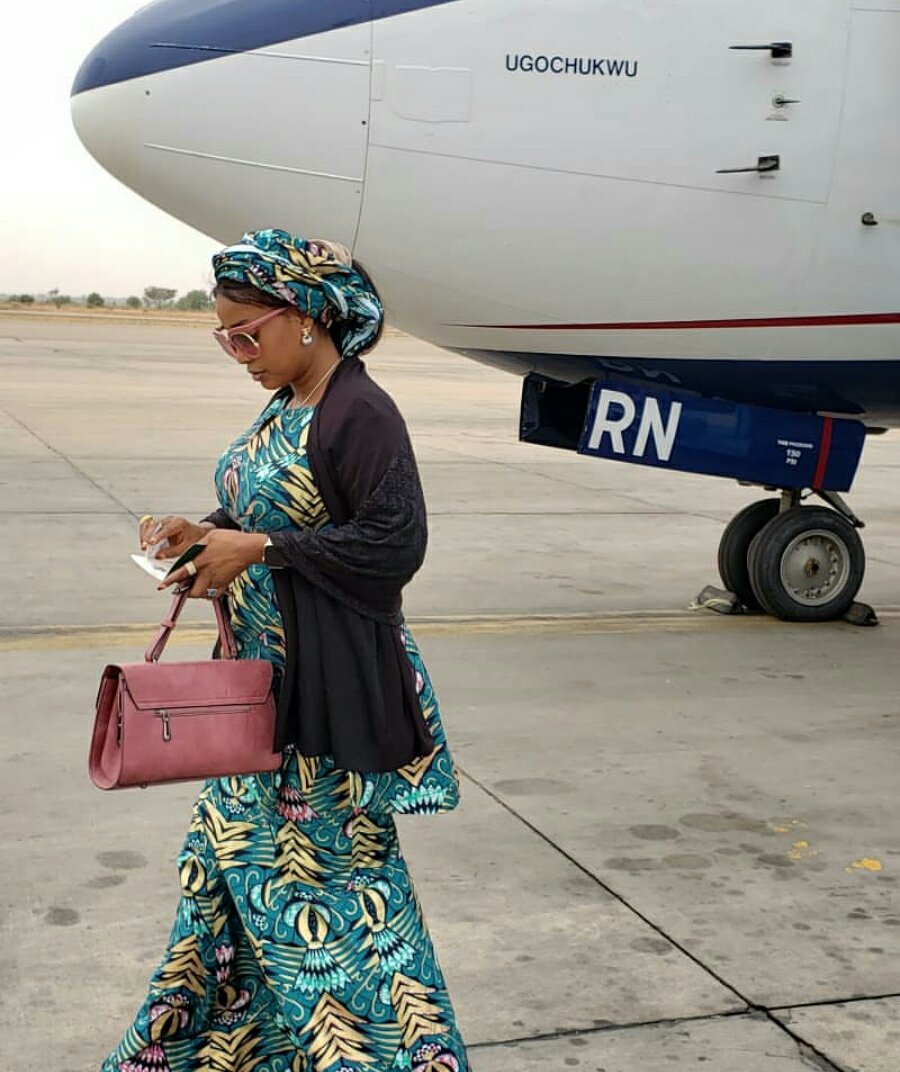Discovering Batsa: A Unique Cultural Phenomenon
Batsa is a term that resonates deeply within certain communities, representing much more than just a word; it embodies a rich cultural heritage and a way of life for many. Originating from a blend of traditional practices, Batsa serves as a bridge between generations, carrying forward the stories, rituals, and beliefs that define a community's identity. This article aims to delve into the multifaceted world of Batsa, exploring its significance, origins, and the various interpretations that exist today.
As we embark on this journey, we will uncover the various layers of Batsa, from its historical roots to its contemporary relevance. The exploration will not only highlight the cultural importance of Batsa but also shed light on how it has evolved over time. With each revelation, we hope to spark a deeper appreciation for this unique phenomenon that continues to shape the lives of many.
Whether you are familiar with Batsa or hearing about it for the first time, this article will provide a comprehensive overview. Join us as we navigate through the intricate tapestry of Batsa, examining its traditions, significance, and the ways it connects people across different backgrounds.
What is Batsa?
Batsa can be understood as a cultural term that encapsulates various practices, customs, and beliefs within a specific community. It often refers to a traditional gathering or celebration that showcases the community's unique customs, music, and dance. Batsa serves not only as a form of entertainment but also as a means of preserving cultural heritage and fostering community bonds.
Where Did Batsa Originate?
The origins of Batsa are deeply rooted in the historical and cultural contexts of the communities that practice it. While the specific details may vary, Batsa typically emerges from a blend of indigenous traditions and external influences. This fusion has given rise to a dynamic cultural expression that reflects the values and beliefs of the people.
Why is Batsa Important to the Community?
Batsa holds significant importance within communities for several reasons:
- Cultural Preservation: Batsa acts as a vehicle for preserving traditional practices and passing them on to future generations.
- Community Cohesion: The gatherings associated with Batsa foster a sense of belonging and unity among community members.
- Expression of Identity: Through Batsa, individuals can express their cultural identity and pride.
- Economic Opportunities: Events centered around Batsa can also provide economic benefits through tourism and local crafts.
What are the Key Elements of a Batsa Celebration?
A Batsa celebration typically encompasses several key elements that contribute to its vibrant atmosphere:
- Traditional Music: Live performances featuring traditional instruments create an engaging auditory experience.
- Dance: Dance forms integral to Batsa allow participants to showcase their skills and connect with the rhythm of their culture.
- Culinary Delights: Traditional foods play a crucial role in Batsa, often featuring dishes that have been passed down through generations.
- Storytelling: Oral traditions are preserved through storytelling, allowing elders to pass on wisdom and history.
Who Participates in Batsa Gatherings?
Batsa gatherings are inclusive events that invite participation from all community members, regardless of age or background. These events often see families coming together, with children learning from their elders and adults sharing in the joy of their cultural heritage. Participation in Batsa is seen as a rite of passage, allowing individuals to connect with their roots and strengthen community ties.
How Has Batsa Evolved Over Time?
Like many cultural phenomena, Batsa has undergone significant changes over the years. While traditional practices remain at its core, contemporary influences have led to new interpretations and expressions of Batsa. Modern technology, globalization, and cultural exchanges have introduced new elements, making Batsa a living tradition that continues to adapt and thrive.
What Challenges Does Batsa Face in Today’s World?
Despite its rich heritage, Batsa faces several challenges in the modern era:
- Globalization: The influence of global culture can sometimes overshadow local traditions, leading to a loss of authenticity.
- Urbanization: As communities evolve and people move to urban areas, traditional practices like Batsa may become less accessible.
- Generational Gaps: Younger generations may struggle to connect with traditional practices, necessitating efforts to engage and educate them.
How Can We Support the Preservation of Batsa?
Supporting the preservation of Batsa requires active participation and awareness from both community members and outsiders. Here are some ways to contribute:
- Attend Batsa Events: Participating in local celebrations helps sustain interest and support for traditional practices.
- Promote Cultural Education: Encouraging educational initiatives that teach about Batsa and its significance can help foster appreciation.
- Support Local Artisans: Purchasing crafts and goods made by local artisans helps sustain the economic viability of Batsa-related practices.
- Document Stories and Practices: Recording oral histories and traditions can help preserve the essence of Batsa for future generations.
Conclusion: Embracing the Spirit of Batsa
Batsa is more than just a cultural practice; it is a celebration of identity, community, and heritage. As we navigate through changing times, it is essential to cherish and uphold the values that Batsa represents. By actively participating in and supporting Batsa, we can ensure that this vibrant tradition continues to thrive for generations to come.
Unraveling The Fascinating Connection Between Lee Jong Suk And IU
Unveiling The Life And Achievements Of Angie Ballard
Unveiling The Life Of Susan Dey: A Journey Through Fame And Talent


